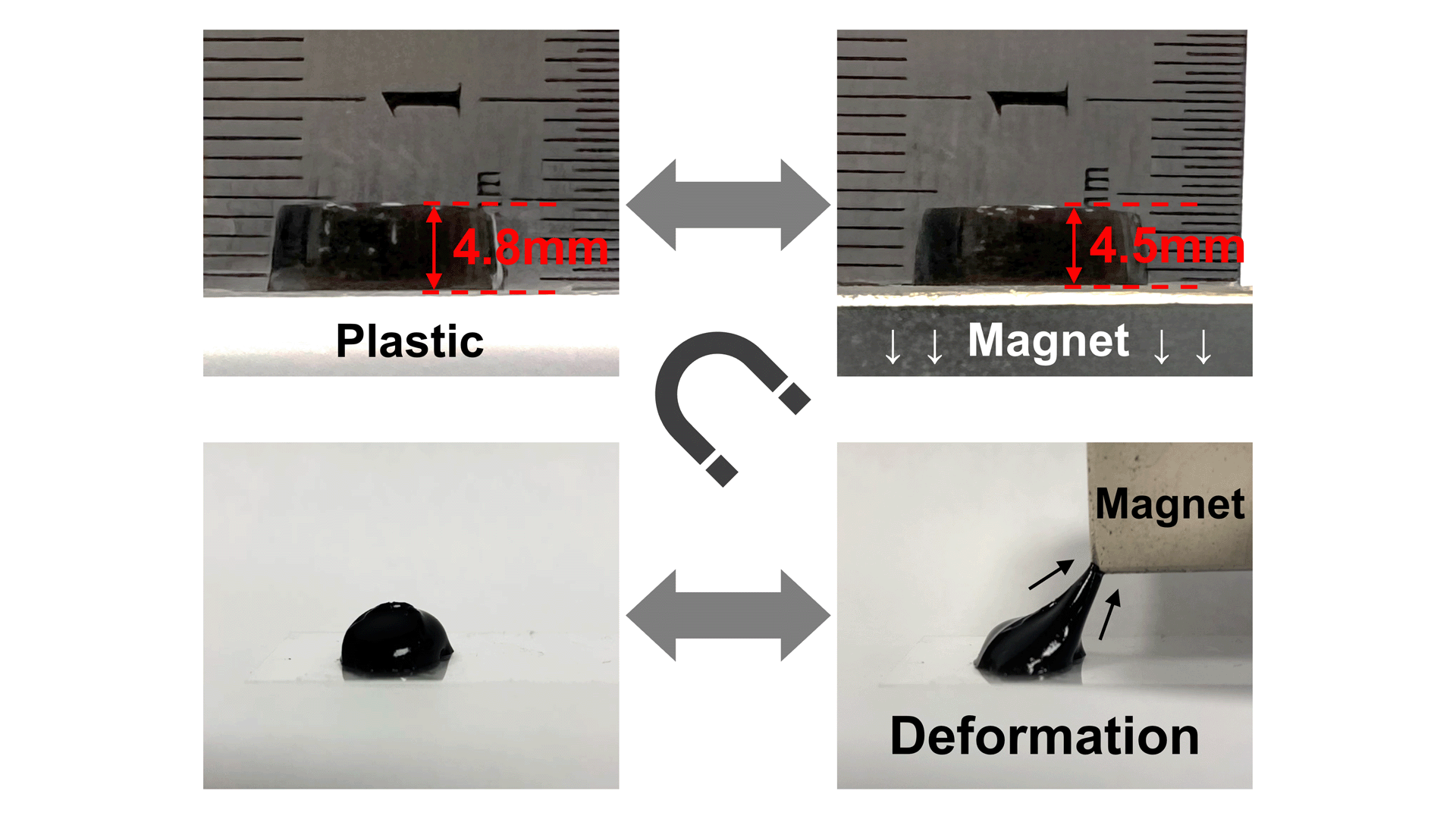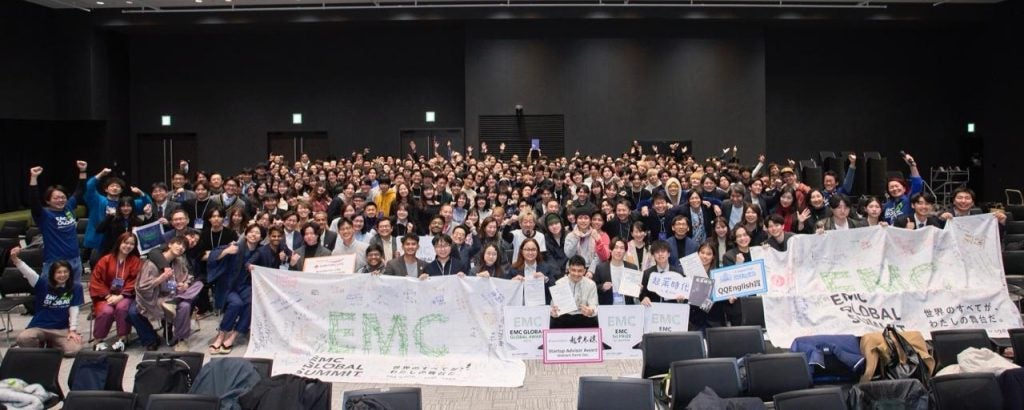
Researchers at CDE have made a discovery that could have significant implications for understanding the conditions affecting how cancer progresses and could lead to new and more effective treatments.
The team led by Assistant Professor Andy Tay (Dept of Biomedical Engineering) focused their study on the impact that the stiffness of the extracellular matrix (ECM) bed has on cancers.
Among their findings was the discovery that when tumors are grown in a soft (or softer) bed, it can actually halt or reverse their malignant characteristics.
The ECM bed is a network of molecules that surrounds and supports cells, holding them in place and providing signals and cues to carry out their functions.
In cases of cancerous tumors, the ECM can become abnormal and contribute to the growth and spread of cancer cells, making it easier for them to invade nearby tissues and spread to other parts of the body. They can also manipulate the ECM to protect themselves from the immune system and from chemotherapy drugs.
Researchers have been interested in understanding the complex interactions between the ECM and cancer cells as a possible path to developing new therapies or to make existing treatments more effective at tackling tumors.

“Previous research work looking at the effect of the ECM on tumor progression has focused mainly on stiffening the bed,” Asst Prof Tay said. “For our study we looked at a different side, one which research has been previously overlooked – the impact of softening the bed.”
The team’s findings were published recently in the journal ACS Nano.
Previous studies have found that high extracellular matrix stiffness is a feature of malignant tumors that is associated with poor clinical outcomes.
For their study the team developed a magnetic hydrogel platform where the stiffness of the bed can be dynamically controlled using an external magnet.
Using the platform to study tumor progression, they found that while increasing matrix stiffness leads to tumor malignancy, the malignant transformations were reversed when the matrix was softened.
Moreover, because the control is wireless and reversible, stiffening and softening of the matrix platform can be carried out multiple times with different rates of change.
The researchers say this enabled them to study the impact of matrix softening in a controllable way, suggesting the platform could be used for drug screening platform to test the potential of matrix-softening drugs for cancer treatment.
“Our discovery could have far-reaching implications for cancer treatment, with the possibility of matrix-softening drugs and enzymes being one particularly promising therapeutic approach that comes out of this research,” Asst Prof Tay said.
The value of this research is not only limited to cancer treatment, he added, noting that the magnetic hydrogel platform is also applicable to studying other processes in tissue biology such as menstruation, where there is monthly degradation and restoration of the ECM.





